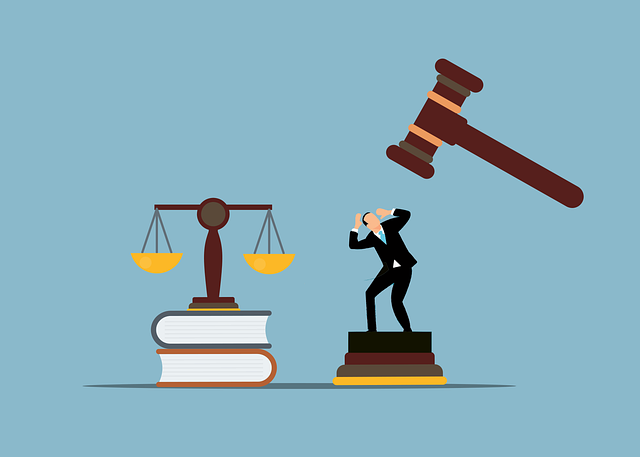Dog bite laws vary across jurisdictions, affecting liability and compensation in canine-related injuries. Some states operate under strict liability, while others require proof of owner negligence or intentional misconduct. Understanding these disparities is vital for both victims seeking justice and pet owners ensuring their dogs don't pose a threat. Consulting specialists in dog bite cases ensures fair redress and proper legal navigation.
Dog bites can lead to severe injuries and legal consequences, with liability often determined by state dog bite laws. This article delves into the intricate world of dog bite legislation, exploring key factors that dictate responsibility and potential compensation. From understanding jurisdiction under varying dog bite laws to deciphering the rights and responsibilities of pet owners and victims, each aspect plays a crucial role in navigating these legal complexities. By examining these components, individuals can better comprehend their entitlements and obligations.
- Understanding Dog Bite Law Jurisdiction
- Factors Determining Liability and Compensation
- Rights and Responsibilities of Pet Owners and Victims
Understanding Dog Bite Law Jurisdiction

Dog bite laws vary significantly from one jurisdiction to another, shaping how liability is determined and compensation is awarded in cases of dog-related injuries. Understanding these laws is crucial for both victims seeking justice and those looking to protect themselves from potential legal repercussions. Each region has its own set of rules, with some states following strict liability principles, meaning the owner is liable regardless of their negligence or the dog’s history. Others employ a more traditional approach, requiring proof of negligence or intentional misconduct on the part of the owner.
Knowing these variations is especially important for clients recovering from serious injuries, whether from a dog bite or other incidents like truck accidents, as it can significantly impact their legal outcomes. Engaging with an experienced attorney who specializes in dog bite law and personal injury cases can help navigate these complexities, ensuring the client’s rights are protected and they receive a fair recovery.
Factors Determining Liability and Compensation

When determining liability for a dog bite, several factors come into play. Dog bite laws vary by jurisdiction, but generally, the owner or keeper of a dog is held responsible if their pet causes harm to another person or property. The extent of compensation for personal injury claims stemming from a dog bite also depends on various considerations.
Key factors include the dog’s history of aggression, the owner’s knowledge of such tendencies, and whether there was a breach of fiduciary duty in managing the animal. In some cases, if the victim contributed to the incident—for instance, by provoking the dog—their compensation might be reduced. A personal injury lawyer specializing in dog bite cases can help navigate these complex legal issues and ensure that victims receive fair and adequate compensation for their injuries.
Rights and Responsibilities of Pet Owners and Victims

When it comes to dog bite laws, understanding the rights and responsibilities of both pet owners and victims is crucial. Pet owners have a legal obligation to ensure their dogs do not pose a threat to public safety. This includes proper training, supervision, and securing the animal when necessary. If a dog owner negligently fails to meet these duties and their pet causes harm, they may be held liable for the resulting injury compensation.
Victims of dog bites also have rights. They are entitled to seek medical attention and, if applicable, file claims for compensation through dog bite laws. Unlike defective products or car accident cases where liability can be more complex, dog bite laws typically attribute fault based on negligence. Therefore, victims should document the incident, gather evidence, and consult with a legal professional experienced in these matters to understand their options and secure appropriate injury compensation.
Dog bite laws vary significantly across jurisdictions, with each region establishing its own rules for liability and compensation. Understanding these legal frameworks is crucial for both pet owners and victims to navigate potential disputes. By recognizing the factors that determine liability, such as owner negligence or dog aggression history, individuals can better protect themselves and manage expectations for financial redress. Knowing their rights and responsibilities fosters a safer environment for humans and animals alike, ensuring fair outcomes in cases involving dog bites.






